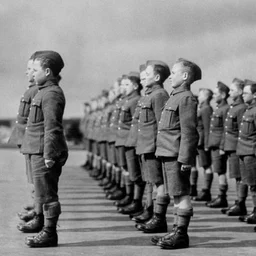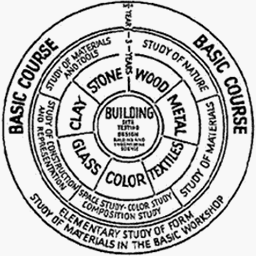Who Gets to Decide? Social Transformation and the Free School Movement
While many alternative schools, including Montessori schools, may afford students relative freedom compared to the mainstream, those considered part of the free school movement have adopted a much more libertarian approach, emphasizing freedom from coercion and participatory governance. While these schools do not have a single ideological or theoretical base (Gribble, 1998), they tend to share belief that the mainstream school system is unfit to meet the needs of children and society, or is even harmful to them (Graubard, 1972; Greenberg, 1995; Gribble, 1998), along with an earnest faith in the innate developmental potential of children (Greenberg, 1995; Gribble, 1998; Neill, 1992).
In general, free schools seek to remove artificial barriers to the natural development of
Read More










